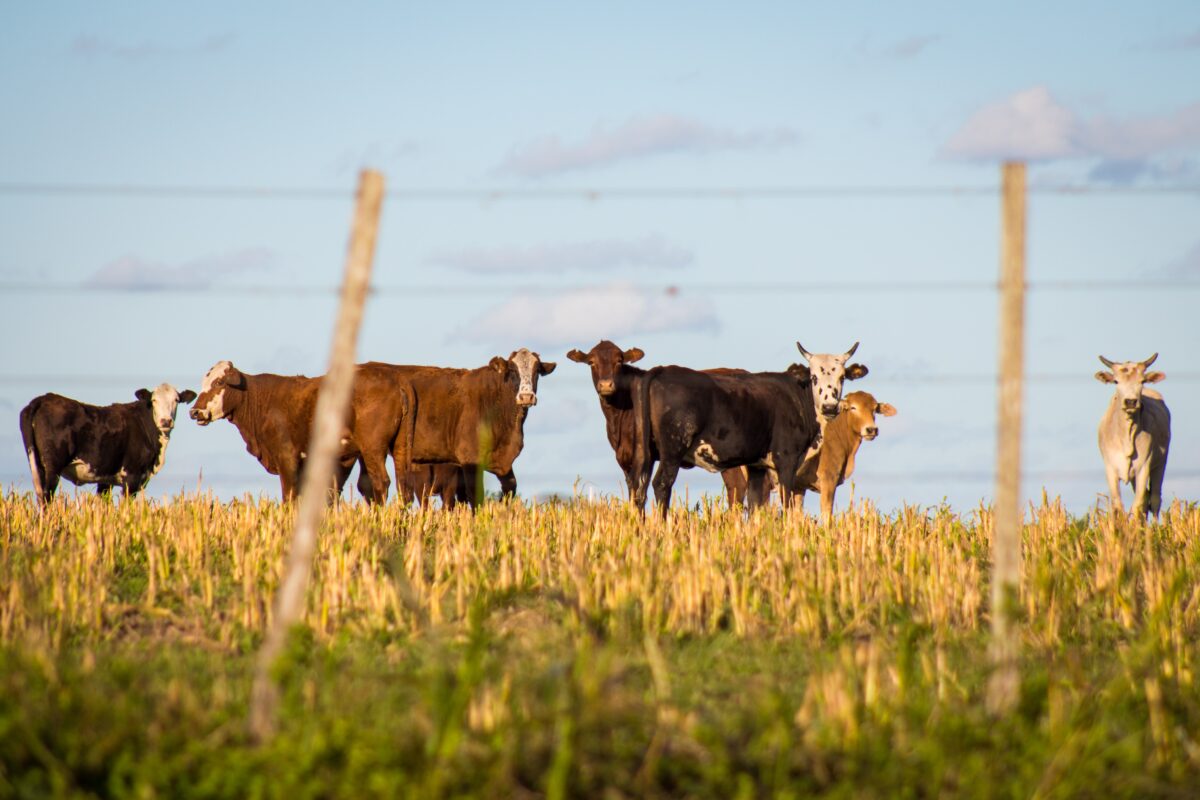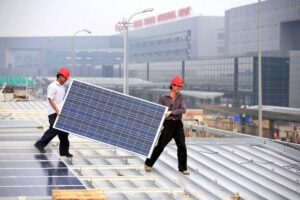The Albanese government will fund three research projects aimed at reducing methane emissions from livestock via its $29 million Methane Emissions Reduction in Livestock (MERiL) program.
It’s a well-documented fact that ruminants – cattle, sheep and goats – produce methane when the microbes in their rumen (the largest component of the ruminant stomach) ferment the food they’ve grazed.
Methane is an incredibly potent greenhouse gas, 25 times more potent than CO2 in the long term and up to 80 times more potent in the short term.
The numbers are not insignificant: agriculture contributes around 13% of Australia’s greenhouse gases per year, and 42% of the sector’s emissions are methane, most of which reportedly comes from cattle farming.
But Australia’s red meat and livestock industry is an economic cornerstone, accounting for approximately 1.7% of the country’s total key industry turnover, according to Meat and Livestock Australia.
According to the WWF, Australia’s beef industry covers about 43% of the country’s landmass and injects an estimated $8.4 billion into the economy.
Looking to tackle the sector’s methane problem head-on, the three R&D projects will receive between $1 million and $3 million each under Round 1 of Stage 3 of the MERiL program.
That funding will enable them to conduct trials on the effectiveness of methane-reducing feed supplements that can be given to grazing livestock – varying from supplements given to pregnant cows to reduce the emissions of their offspring, to trials using automated in-paddock feeders.
The trials are based on an existing body of research that shows that some supplements – particularly those derived from red seaweed (Asparagopsis taxiformis) – can reduce methane emissions from cows by more than 80%.
A. taxiformis has a high content of bromoform, a chemical that inhibits certain gut enzymes, but other synthetic supplements can also mimic the effect.
The three projects to receive the latest round of MERiL grants are:
– Graincorp’s large-scale dairy and beef grazing trials, in partnership with the University of Queensland and Agriculture Victoria, using Asparagopsis as a feed supplement;
– A University of Adelaide trial investigating seaweed supplementation in pregnant cows and the long-term effect on methane production in their offspring; and
– A University of New England trial to evaluate two automated feeders for three methane-reducing supplements, Asparagopsis, Bovaer, and Agolin, to be provided to sheep.
Those projects will receive $2.9 million, $1 million and $1.9 million respectively, and involve a range of partner organisations.
The University of Adelaide trial, for example, is being conducted in partnership with CH4 South Australia, the Australian Sustainable Seaweed Alliance, Mackillop Farm Management Group, Barossa Improved Grazing Group, SA Livestock Consultants, the South Australian Department of Primary Industries and Regions, and Regional Development Australia Barossa Gawler Light Adelaide Plains.
Federal energy and climate minister Chris Bowen says support for technologies to lower emissions in livestock is critical to achieving Australia’s emissions reduction targets.
“Overcoming barriers to uptake new technologies in our grazing systems will deliver significant abatement in the livestock industry,” he said.
“We are backing new technologies to help farmers tackle the emissions challenge and respond to increasing global interest in sustainable agricultural production,” added Minister for Agriculture, Fisheries and Forestry Murry Watt.
Stage 3 of the MERiL program will provide a total of $15 million for trials to validate methane-reducing supplements. A second funding round under this phase of the program will be announced in early 2024.










